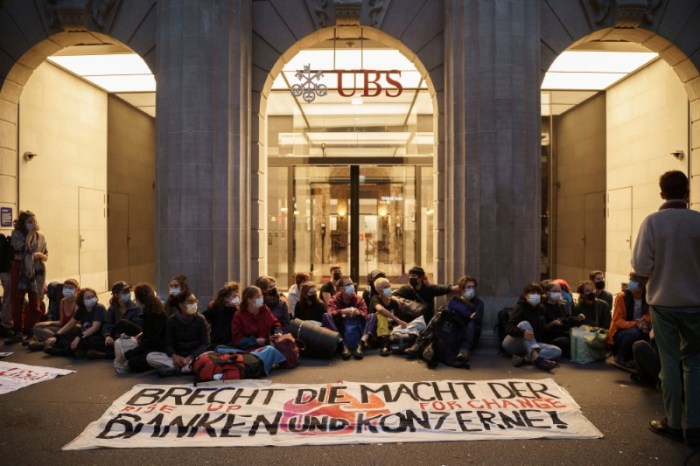CAPE TOWN (Reuters) -A South African court on Tuesday again postponed a long-delayed corruption trial against jailed former president Jacob Zuma to September 9 following his hospitalisation last week for an undisclosed medical condition.
Zuma, whose jailing last month for 15 months on a separate contempt of court matter led to a wave of looting and unrest, was expected to appear in court in a $2 billion arms deal corruption case that led to his sacking as South Africa’s deputy president in 2005.
He was moved to a hospital on Friday for medical observation. Prison officials did not provide details on his condition.
High Court Judge Piet Koen granted the postponement but ordered Zuma’s team to produce a medical report by Aug. 20. He also ordered the state to appoint a medical doctor of its choice to assess whether Zuma was fit to stand trial and give evidence.
“We are at the moment completely in the dark as to the justification for the postponement, more particularly Mr Zuma’s condition,” said Wim Trengove, representing the National Prosecuting Authority, during a virtual hearing.
Trengove said that, according to a letter from Zuma’s doctor, the former president suffered from a condition requiring extensive emergency procedures that had been delayed for 18 months.
“We find it very hard to understand how that suddenly transforms into an inability to stand trial,” he said.
Zuma’s lawyer Dali Mpofu said his client’s medical condition was a matter of confidentiality.
“The fact that the problem has existed for 18 months is exactly the reason why it is exacerbated now, especially since the incarceration of the accused,” he told the hearing.
Zuma, 79, last month asked the Constitutional Court to annul his jail sentence, partly on the grounds that he was suffering from an unspecified medical condition.
In the dock with French arms firm Thales, Zuma is facing 18 charges including corruption and money laundering and has pleaded not guilty to all the charges. Thales has also denied wrongdoing.
(Reporting by Wendell Roelf; Editing by Olivia Kumwenda-Mtambo and Raissa Kasolowsky)
























